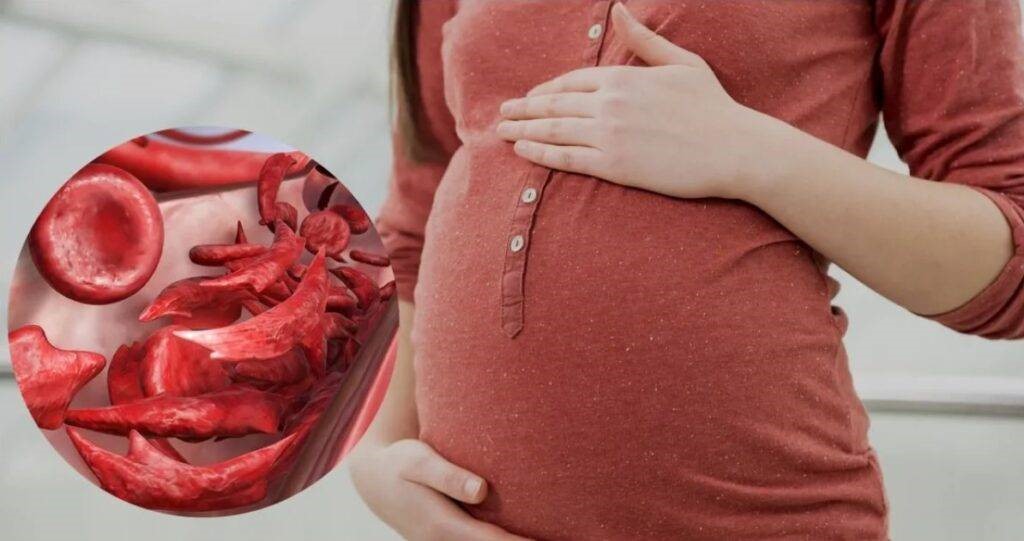Doctors at Max Hospital, Nagpur gave new lease of life to a 34-year-old pregnant woman who was presented on 4 November 24 with acute joint pain, anemia, and severe jaundice, while she was at the third trimester of her pregnancy. The patient was also a known case of sickle cell disease. Upon her admission she appeared pale with extremely low levels of hemoglobin and high levels of bilirubin 18.54mg/dl. She was in a state of dizziness and persistent hypoxia (low level of oxygen) due to pulmonary edema.
Prior to admission at Max Hospital, Nagpur, she was receiving treatment at another facility from 26 October 24 onwards, where she was given two units of blood at 35 weeks of pregnancy for severe anemia. However, she developed a blood transfusion reaction, experiencing intense back pain and deep yellowness in the eyes and skin.
At Max Hospital, she was admitted under the joint care of Dr. Sakshi Bansal (Senior Gynecologist) and Dr. Rahul Arora (Senior Hematologist & Bone Marrow Transplant Physician). Further investigations revealed a positive Direct Coombs Test, indicating the presence of multiple auto-antibodies against red blood cells. This made it extremely difficult to find even a single compatible unit of blood for transfusion. Additionally, she was at high risk for severe transfusion reactions. Given her critical condition and the presence of these antibodies, the only viable treatment option was an exchange transfusion, which could be performed only after delivery.
Talking about the case, Dr. Sakshi Bansal, Senior Consultant – Obstetrics & Gynaecology, Max Super Specialty Hospital, Nagpur, said, “During pregnancy, significant hemodynamic changes occur, making women more prone to sickle cell crisis. In this condition, red blood cells break down and can form clumps in small blood vessels, leading to severe pain and jaundice. This was a particularly challenging case to manage, as maternal mortality can be as high as 9-12%, and the risk of a sickle cell crisis during pregnancy can range from 25-45%. Given her condition we immediately performed a high-risk cesarean delivery as she was on her 36th week of pregnancy and successfully delivered a healthy baby.”
Further speaking on the case, Dr. Rahul Arora, Senior Hematologist & Bone Marrow Transplant Physician said, “After delivery, her hemoglobin dropped further and was already anemic before delivery. Hence on the same day, she also underwent an RBCs exchange transfusion, during which the plasma containing antibodies were removed and replaced with fresh red blood cells (RBCs).”
Although the patient recovered from the acute disease and also delivered a healthy baby, her postoperative phase was challenging, due to pulmonary edema and was at high risk of infection by pneumococcal, meningococcal, influenza virus etc because of functional asplenia. Following RBCs exchange transfusion her bilirubin levels dropped significantly but she experienced fever and had raised white blood cell count. It was managed with antibiotics and supportive care.The patient remained dependent on oxygen for 20 days.
After delivery her hemoglobin dropped to 4.6 gm/dl which gradually increased to 7.6 gm/dl within 1 month. We were able to discharge on day 8th of post-delivery with minimal oxygen requirement. She was given broad spectrum antibiotics and micronutrients for her recovery.
👉 Click here to read the latest Gujarat news on TheLiveAhmedabad.com




